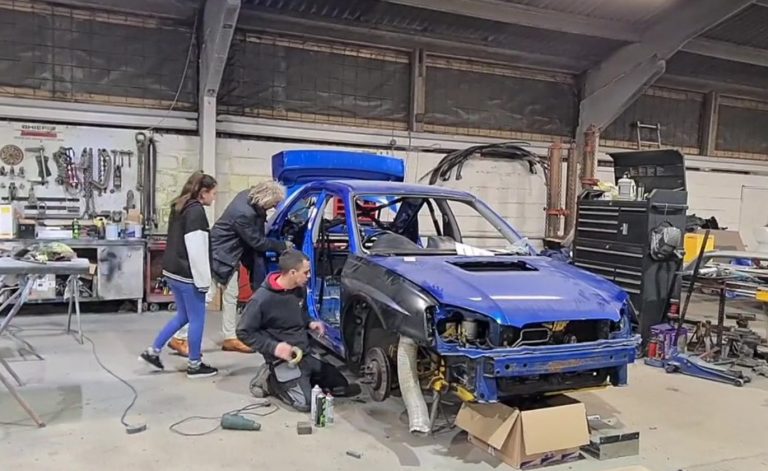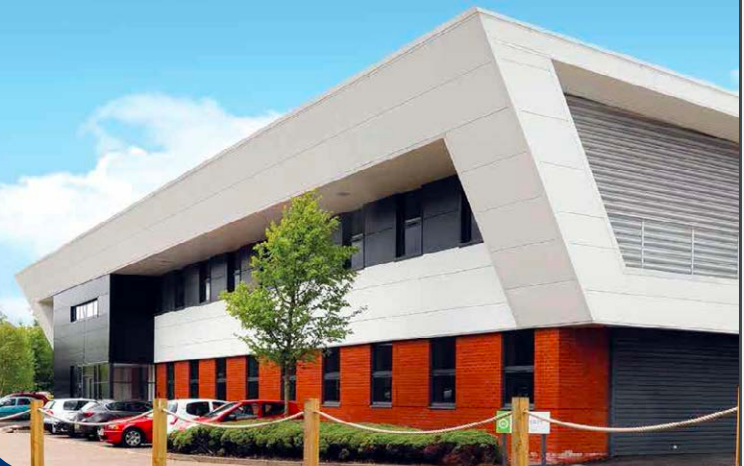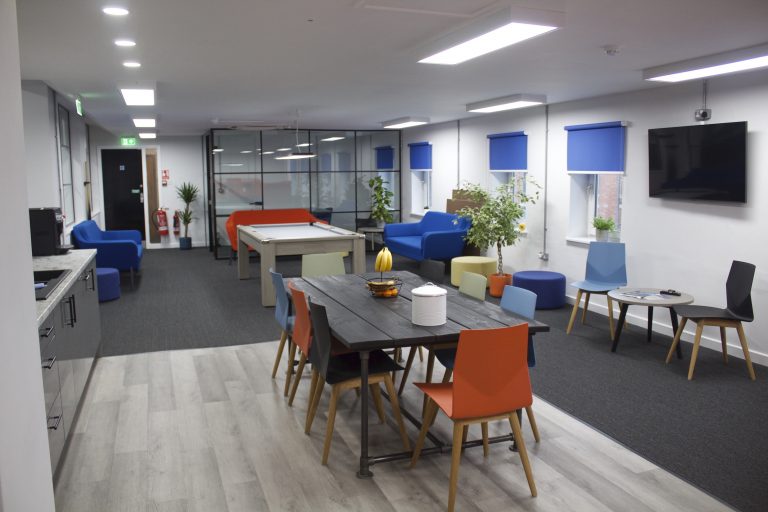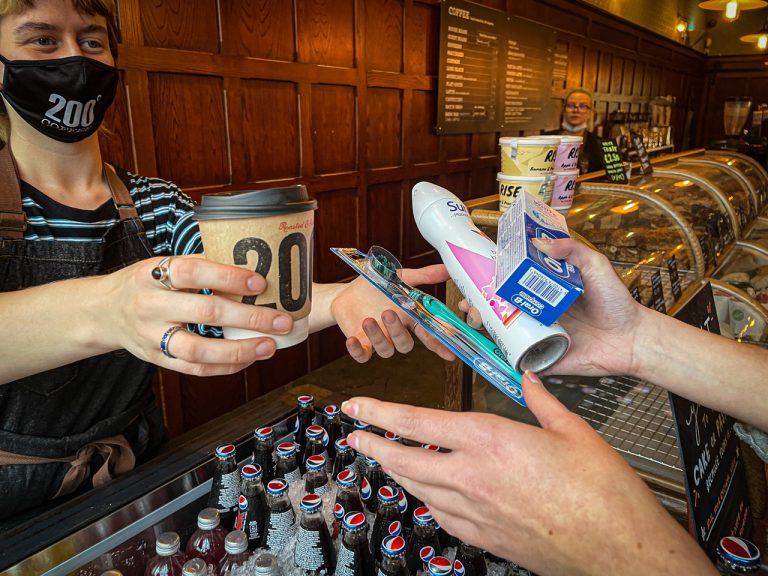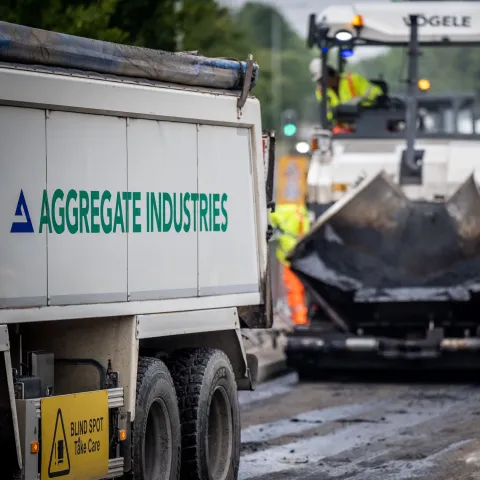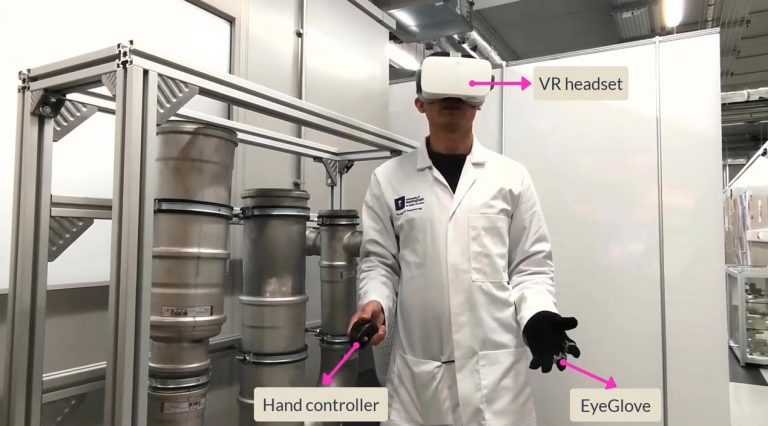More than 5,000 new, unused and unopened hygiene items were donated, as part of
200 Degrees Coffee’s annual Swap Shop initiative, in exchange for a free cup of coffee.
The event, which took place on Tuesday 6 December across all 18 coffee shops, saw customers and local businesses donate deodorant, shower gel, shampoo, toothpaste and toothbrushes, toilet roll, nappies and baby products, washing powder, makeup, perfume, sanitary products and everyday household cleaning products.
The 200 Degrees team delivered a total of 20 coffee sacks, which were filled with a variety of products and donated to its charity partner Switch Up, to help those who need it most.
To provide much-needed funding, the coffee roasters recently announced its commitment to Switch Up in a three-year partnership, which included creating a special roast of coffee and coffee pods. £1 in every kilo sold will go directly to the charity, supported with a minimum donation of £10,000 a year.
Commercial director Will Kenney said: “Many people in the UK are unable to access basic hygiene products, and everyday essential items, and these donations will make a huge significance to helping vulnerable families across Nottingham this Christmas.
“We are thrilled and overwhelmed by all the donations that were made at the event and we’d like to say thank you to our customers for their kindness and generosity.”
Marcellus Baz, founder and CEO of Switch Up, said: “My team is absolutely determined to support vulnerable young people and their families through the bleak and dark time this country is currently experiencing. The cost-of-living crisis is crippling people across the UK, especially those from the lower socially economic groups that Switch Up supports.
“People are telling us that food and energy are priorities over toiletries and Christmas gifts this year. This collaboration has been essential in ensuring that vulnerable people and families across Nottinghamshire don’t need to make this heart-breaking choice.
“200 Degrees has ethics and values that align with those of Switch Up and this makes for a very strong partnership. Thank you to their team and everyone that has donated items, allowing us to continue helping those most in need.”
In addition to its work with 200 Degrees, Switch Up will continue its Community Appeal until 31 January. The team will be collecting financial contributions to create its own food parcels for distribution across the city and Mansfield, as well as accepting physical donations of food, toiletries, books, new toys and gifts. Items can be dropped off at Switch Up on Woodborough Road, Nottingham or at its Mansfield hub. Monetary donations can also be made via its
donation page.
Founded in 2013, Switch Up has continued to support over 800 young people at any one time from its boxing gym in St Ann’s, Nottingham, and earlier this year, from a second location in Mansfield. The charity has further plans for expansion, to reach and support more young people and their families.





